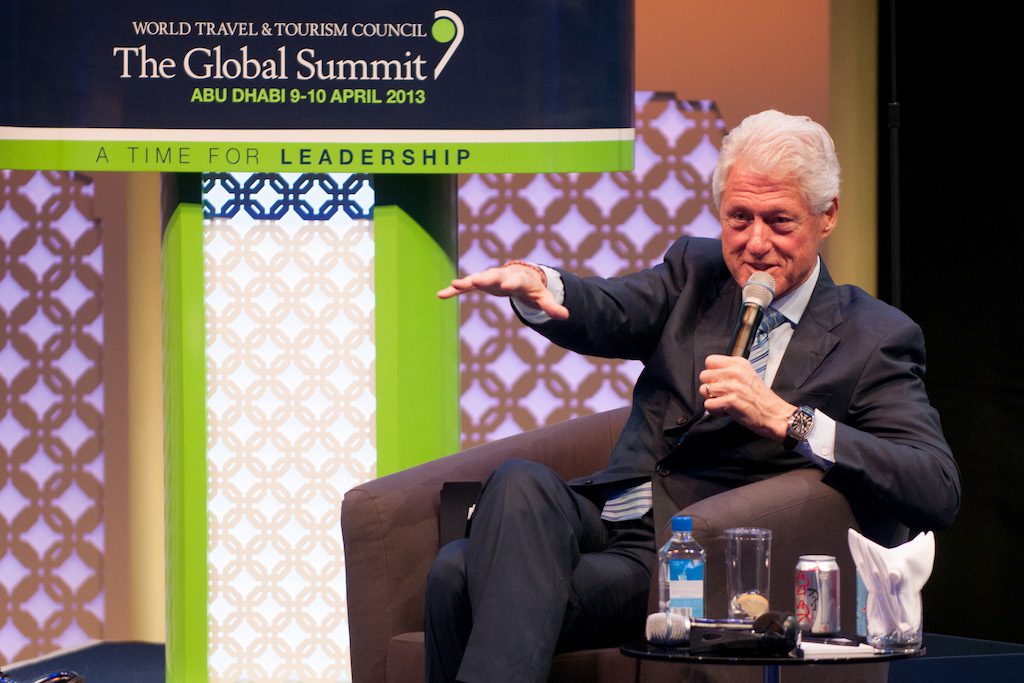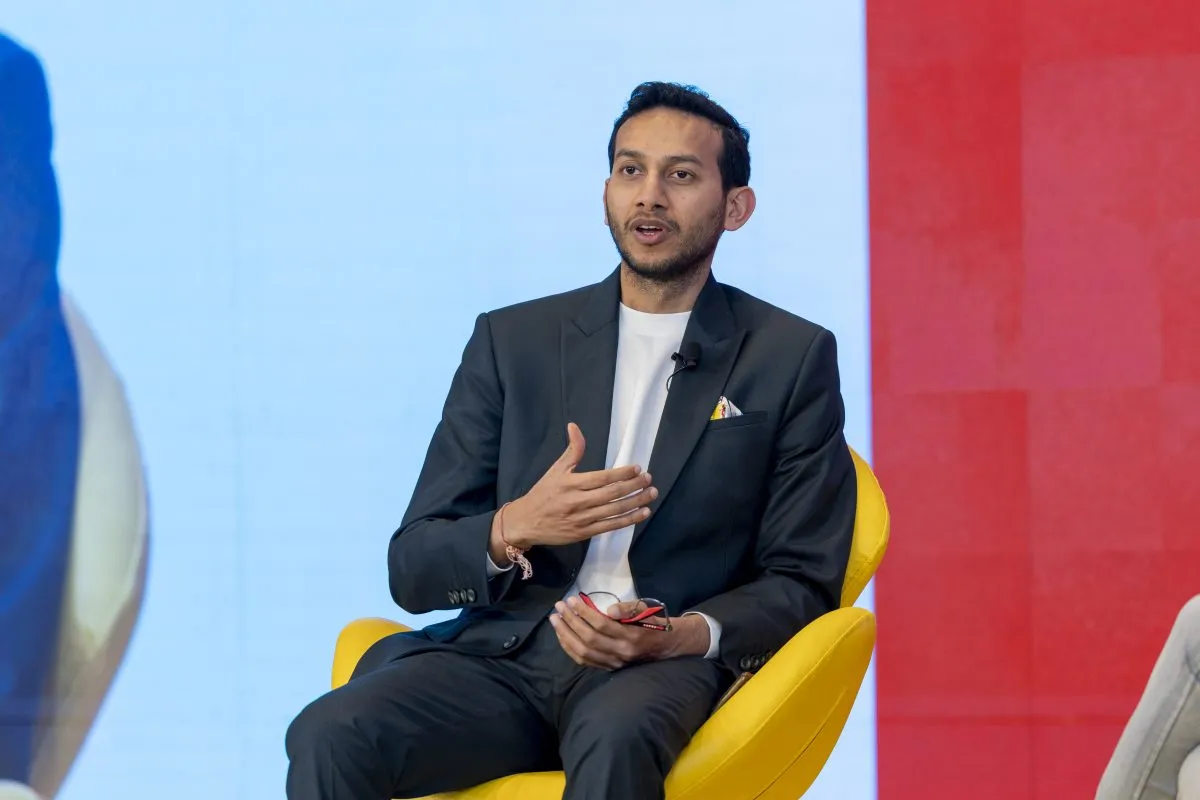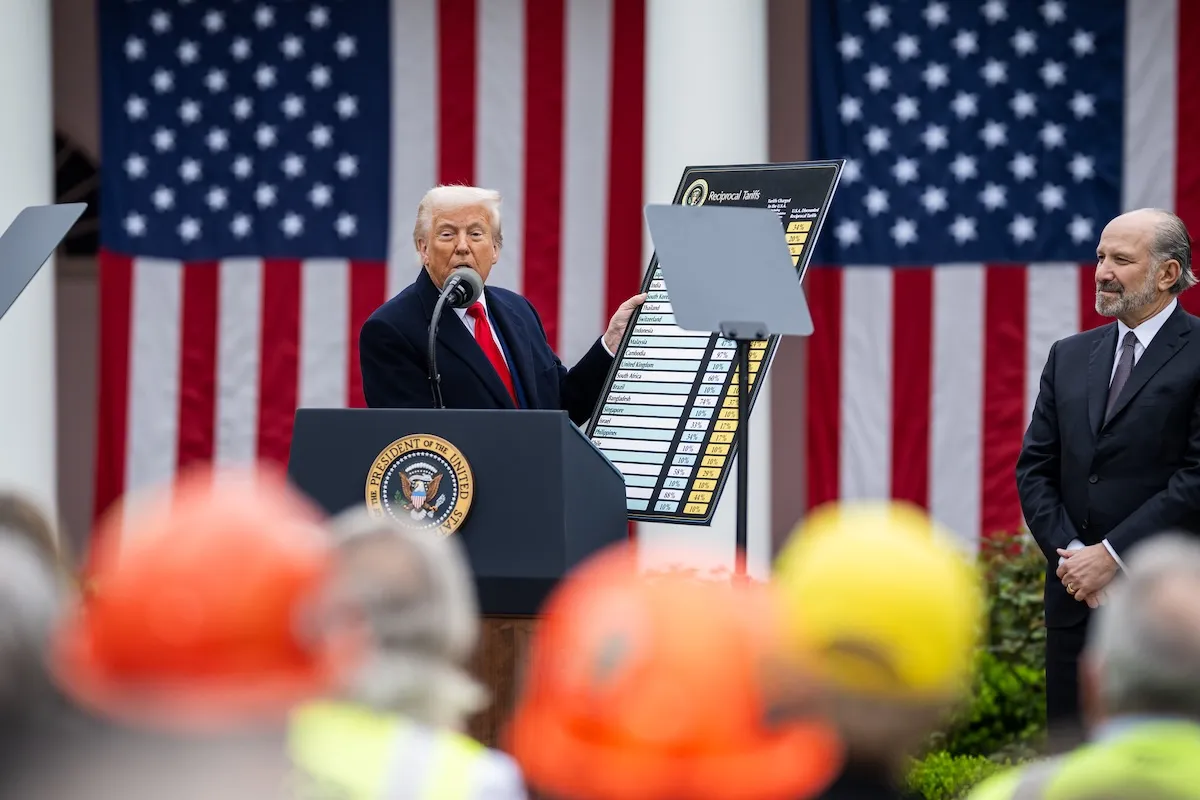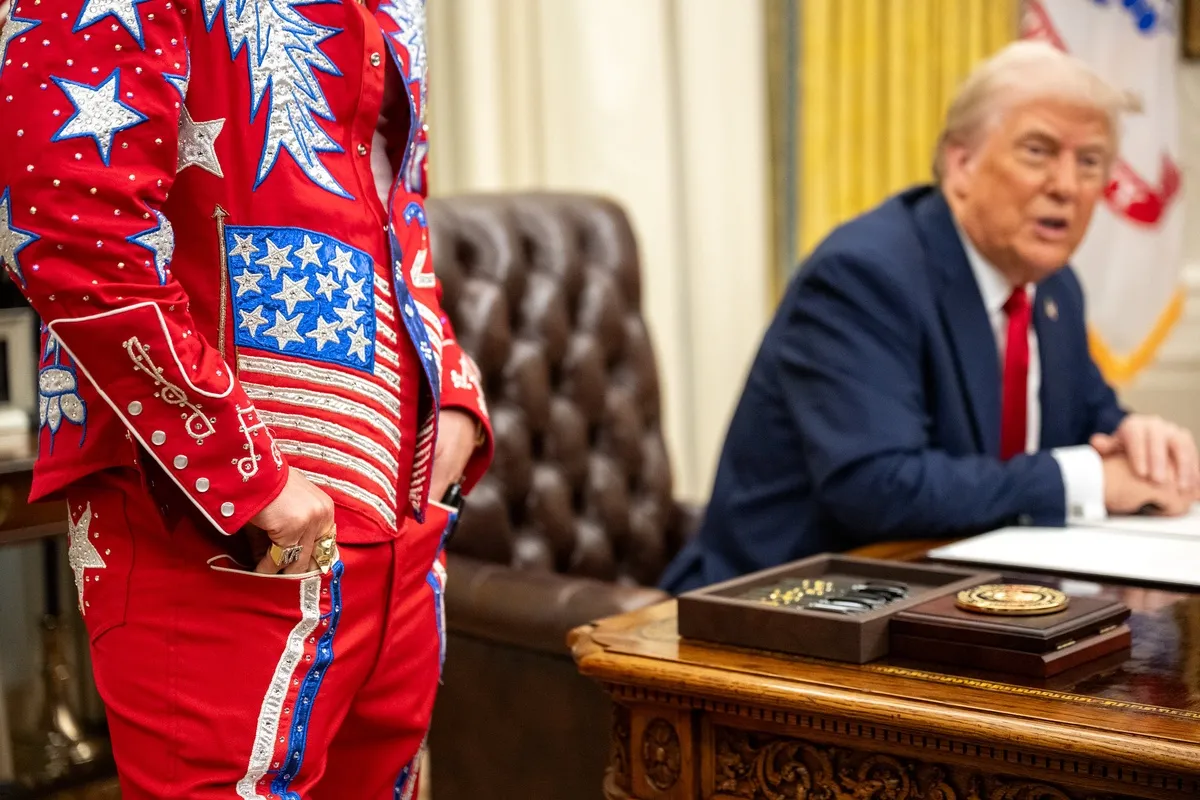Are Big-Name Conference Speakers Like Oprah and Bill Clinton Worth the Fees?

Skift Take
Conferences and conventions often turn to big-name speakers to drive turnout and set the tone for the event overall.
While costly, some see the boost in publicity from announcing a celebrity speaking spot as a major boost to the financial prospects of their event. Others contend that rising costs and the difficulty of integrating a random celebrity into an event's structure as not just a waste of money, but a waste of effort for planners.
When top speakers are commanding six- or, in some cases, seven-figure speaking fees, the pressure is on for planners to deliver a packed and enthralled audience. Having a big name, though, doesn’t always translate to an engaging speaker.
“Michael Jordan or Wayne Gretzky – they will attract people, but if they aren’t good speakers the delegates are lost,” said Steven Merling, CEO of Montreal-based event planning company Eventure. “If you are bringing in a celebrity speaker you want to make sure they can properly hold the crowd and translate the messaging, brand image, and goals the client is looking for.”
Merling believes athletes and celebrities, in general, are better for less targeted events than a very specific event where for example technology or engineering delegates are attending.
Lori James, president of Scottsdale-based AZA Events, doesn’t think a celebrity or well-known athlete will necessary elicit better attendance.
”It’s very rare a client asks for a celebrity speaker but rather someone that is influential or has an incredible story about their life that impacts what the company is currently experiencing or going through changes,” said James.
What goes into selecting the right speaker? There are many factors James suggests. “It could be tied to the marketing messaging of the meeting and objectives or if a company is merging with another company it could be motivating the associates or getting people energized.”
The speaker should be seen as the event advocate, according to Merling. Delegates are generally attracted to influencers and hear from speakers who have insight and can help them or their business be better.
Merling, who has contracted Bill Clinton and athletes like Bo Jackson and Pete Rose as past speakers, believes when choosing a speaker you need to evaluate what the client wants to accomplish versus what the speaker brings and calculate whether it’s worthwhile or not.
Finding Return on Investment
How do you measure the effectiveness and what that speaker can bring to the conference or event?
“Evaluating the ROI is always a huge marketing communication issue and it’s challenging to evaluate it,” said Heather Maclean, president of ProSpeakers.com. Maclean has worked both on the corporate side for international companies and now books speakers. “Most clients don’t have specific metrics. They may look at sales revenue, how many delegates showed up and other methods. It’s not an exact science.”
Eventure’s Merling has a return on investment checklist that includes how a speaker engages with the crowd, whether the speaker's social media presence boosts the visibility of the event, and whether their expertise is relevant to the topic at hand during the event.
Speaker fees can be negotiated, too. Don’t be afraid to submit an offer or even low-ball a speaker, said Merling. A speaker, especially an athlete, may be popular in one region but not as popular in another, so the fee could be reduced.
Opinions vary on the subject of enticing millennials to attend events and conferences.
ProSpeakers.com’s Maclean thinks millennials get a bad rap and points out TED Talks, for example, that attracts many millennials. “You do, however, have to make it more interactive and engaging to keep their attention,” said Maclean.
Merling, however, has found it more challenging to get millennials. “Millennials are much happier sitting in front of a screen because they can get that information and get that interaction whether you are sitting in an audience or on their phone.”
He points out though and agrees with Maclean that millennials are willing to attend if there is an interactive experience before or after the event. Meeting the speaker and taking photos to post on social media can sweeten the deal for millennials as well.
Speaking of the Future
Demands of the speaker are changing. Before, only a speaker’s picture and bio on a flyer or email blast was required. Now it is common that the hired speaker collaborate with the client and the planner on pre-promotions through social media channels including online supports and viral videos. There may even be post-event videos and posts required. The pop-in, pop-out one-hour keynote speech is becoming less the norm.
Maclean is receiving more requests for strong female role model speakers as well as those representing a more diverse demographic. Diversity is becoming a more popular topic at conferences and how companies can reflect diversity in the workplace and to their customers.
“I don’t think the need (for keynote speakers) will ever die but the delivery method might change,” said Merling citing advances in video and holographic technology which will be utilized at more events.
Industry experts, futurists and motivational speakers along with celebrities, athletes and other high profile personalities will continue to draw people to conferences.
AZA Events’ James is seeing more of a speaker panel of three to four guests at a general session than one main headliner. No matter the format, James feels, “Clients are more concerned about the messaging rather the correlation of the cost versus experience. I think it’s far more important to the guests to walk away with a lasting impression to impact their lives that has a moving message or educational correlation.”
Planners need to determine the client’s message and conference objectives first then decide what speaker can communicate the message and brand to the audience in an engaging manner. Make the speaker and message fit like a glove and questions of ROI will answer themselves.




